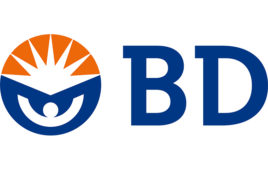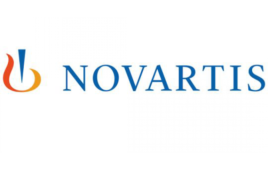CARLSBAD, Calif. — In multiple preclinical studies, second-generation antisense drugs selectively inhibited novel cancer targets and improved survival in cancer cell and animal models, according to data presented recently at the 96th Annual Meeting of the American Association for Cancer Research. Scientists from Isis Pharmaceuticals, Inc. and collaborators from academia and industry made numerous presentations that demonstrate effectiveness of second- generation antisense drugs and the power of antisense technology to identify, characterize, and validate new targets for the treatment of cancer.
“In aggregate, data presented at AACR continue to show the value of second-generation drugs in cancer and underscore the productivity of our technology,” said C. Frank Bennett, Ph.D., Isis’ Vice President of Antisense Research. “Antisense is unique in that it can selectively inhibit essentially any gene in cell culture and in animal models, which allows us and our partners to rapidly determine the potential of a gene as a drug target. Additionally, we can easily approach molecular targets that are not accessible with traditional drug discovery methods. This opens many doors for our technology in treating disease and provides us with a competitive advantage in the marketplace.”




